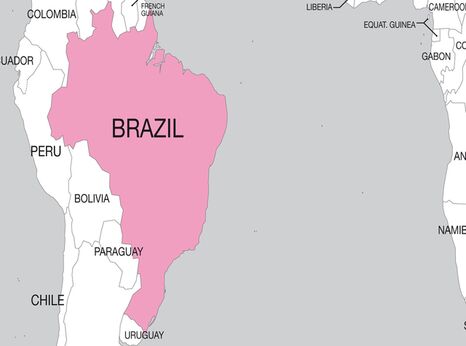Vote on urgent treatment of security bill

On 24 March, parliamentarians Margarete Coelho (PP-Piauí) and Hugo Motta (Republicanos-Paraíba) submitted an Urgency Requirement to process Bill nº 6.764/2002. On 7 April, the presidents of the Senate and the House of Representatives, respectively Rodrigo Pacheco (DEM-Minas Gerais) and Arthur Lira (PP-Alagoas), stated that the appreciation of the proposed legislation is amongst the priorities of both Houses. The voting of this legislation on an urgent basis means, in practice, that essential discussions and evaluations will not be made by the specialized Committees. It also means that social participation won’t be guaranteed and considered as part of the process.
The Legislative Proposal typifies crimes against the “Democratic State of Law”, reissuing part of the crimes and penalties provided by the National Security Law (7.170/1983), enacted during the military dictatorship and widely used to persecute social movements and human rights defenders. Still ruling even after the re-democratization, the use of the National Security Law is increasing, being the subject of at least three constitutional legal claims ADPF (Ação de Descumprimento de Preceito Fundamental 797, 799 and 816) in the Federal Supreme Court.
It is noteworthy that the Urgency Requirement for the vote on the referred Legislative Proposal comes at a time characterized by a context of increased political violence, hostility against human rights defenders, and criminalization of social movements. Underlining this context, any legislation that deals with this topic must be widely debated in a public and transparent manner.
Besides that, Brazil is going through one of the worst public health crisis in its entire history. According to official data, in the last few days, the country reached the highest death rates in the pandemic. In the past week, more than 4.000 lives were lost every day from Covid-19. In less than 15 days, more than 25,000 people have been victims of the disease, but also of the neglect of public authorities who do not devote sufficient and coordinated efforts to respond to the pandemic. In a year, more than 350.000 deaths were registered, and, according to Brazilian organization Fiocruz, this number is expected to grow exponentially in the coming months. Preventable deaths can be attributed to the authorities that neglected to take appropriate action.